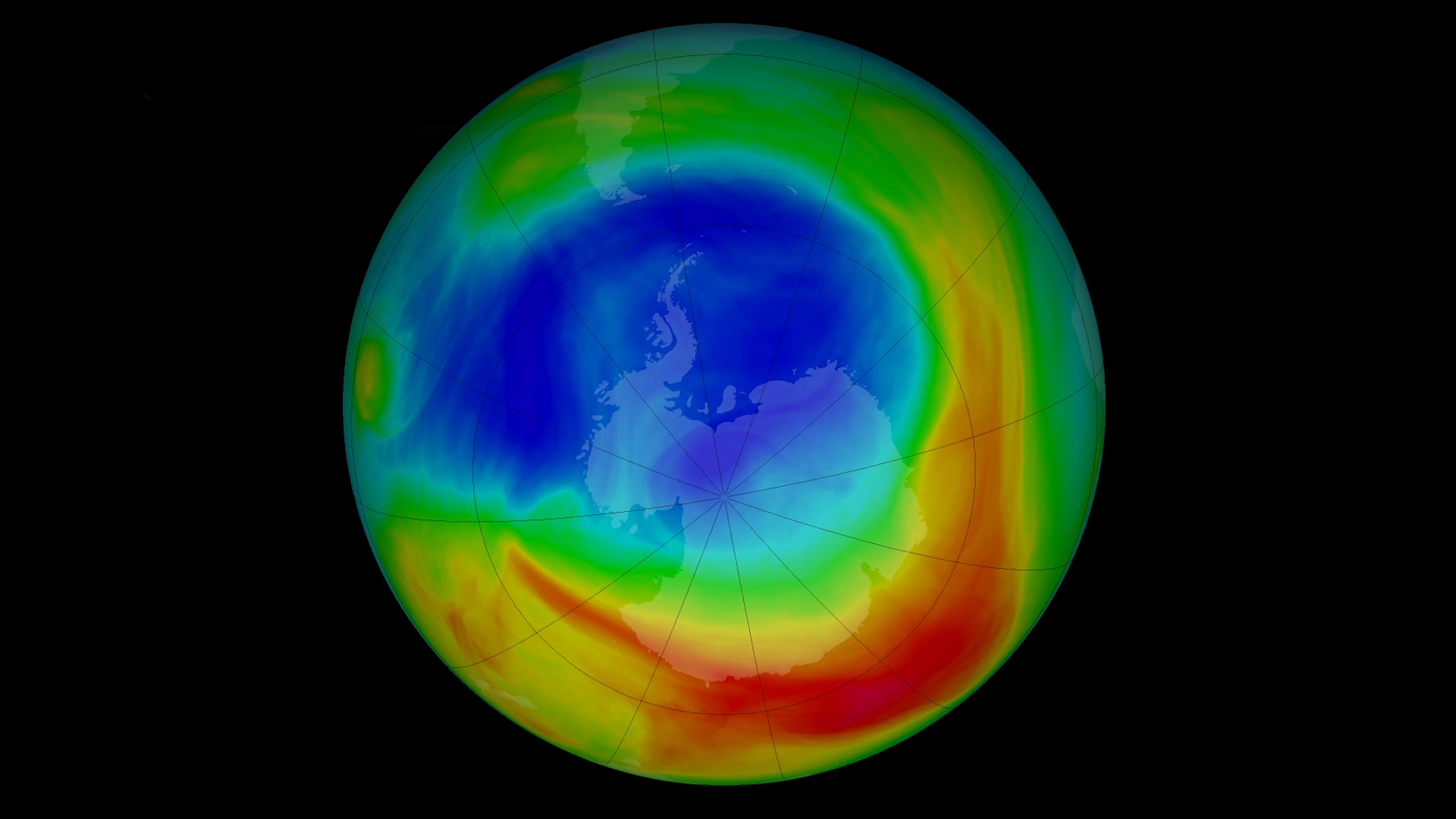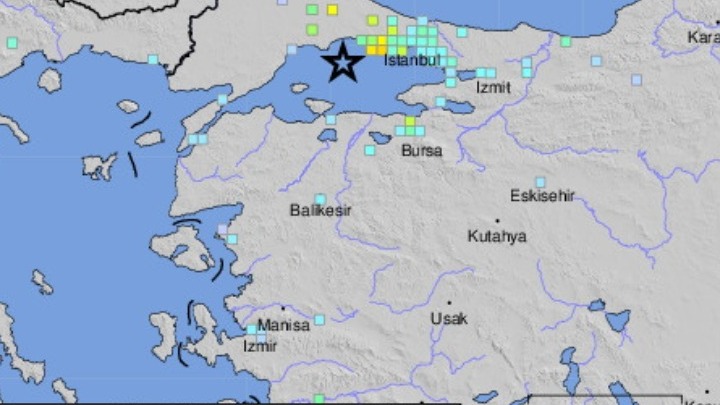2021 ozone hole over the South Pole is already larger than Antarctica

Like atmospheric sunscreen, the ozone layer in Earth’s atmosphere protects our planet and the life on it from ultraviolet radiation emitted by the sun.
Decades ago, scientists sounded the alarm on a disturbing hole in the ozone layer. While we’ve made progress on healing the damage, the hole still reappears over the South Pole every year, hitting its maximum size sometime in September or October.
According to the European Space Agency, this year’s hole is shaping up to be similar to 2020’s, which was “one of the largest and deepest in recent years.” Data collected by ESA’s Copernicus Sentinel-5P satellite shows the hole has grown in the last two weeks and “is now larger than 75% of ozone holes at that stage in the season since 1979.” That makes it larger than Antarctica.
We only have to look back to 2019 to find a hole that was quite small. The size of the seasonal ozone hole can fluctuate, particularly in response to a band of winds known as a polar vortex that flows around the Antarctic.
In the 1980s, governments around the globe agreed to phase out the human-made chemicals, including some aerosols, that were damaging the ozone layer. “Some of the ozone-depleting substances emitted by human activities remain in the stratosphere for decades, meaning that ozone layer recovery is a very slow, long process,” ESA said in a statement on Thursday.
The ozone hole is still on a long-term path to recovery. In 2018, NASA unveiled the first direct proof the chemicals ban was leading to less ozone depletion. Researchers suggest the ozone hole over the South Pole could close around 2050.
The story of this year’s hole isn’t yet complete. “This ozone evolution is what we would expect given the current atmospheric conditions,” said European Centre for Medium-Range Weather Forecasts scientist Antje Inness. “The progress of the ozone hole over the coming weeks will be extremely interesting.”
Source: cnet.com




